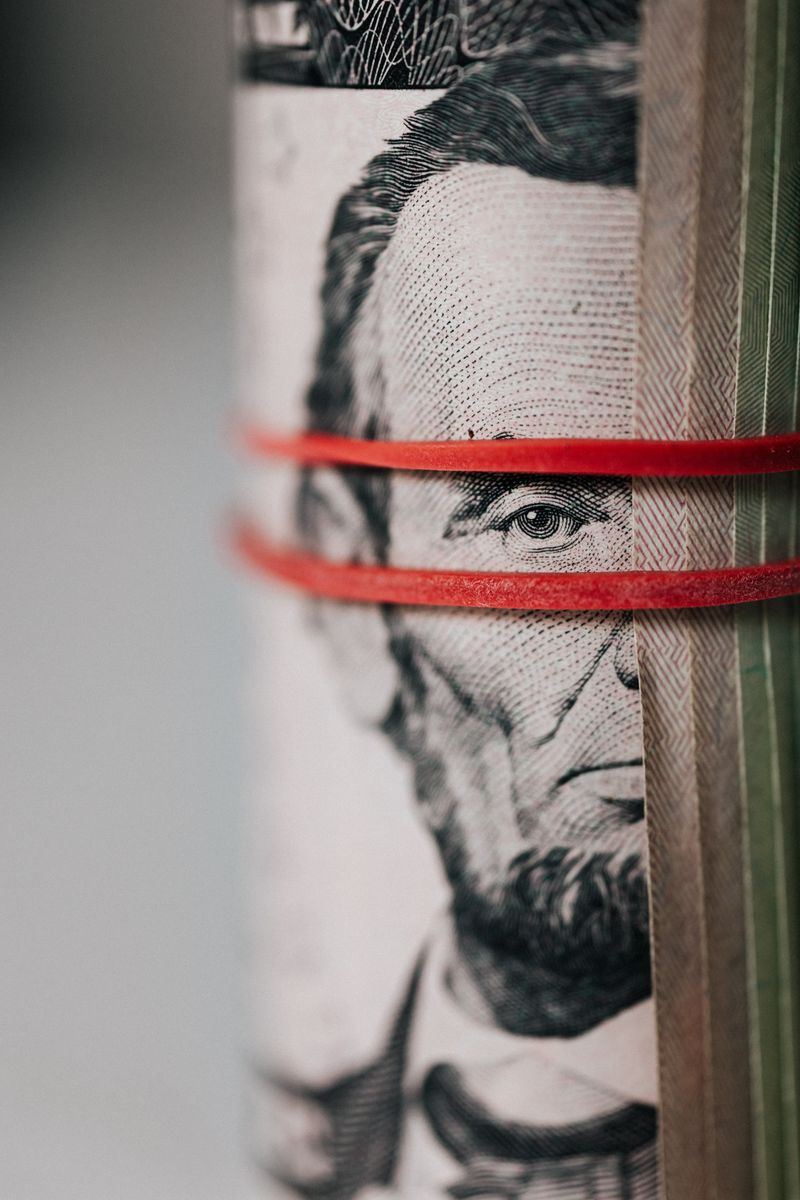- The Mystery of Friday the 13th: Exploring Superstitions and Cultural Taboos
- You might want to read !
The Mystery of Friday the 13th: Exploring Superstitions and Cultural Taboos
An Introduction to Friday the 13th
October, the month of spooky celebrations, brings with it a chilling phenomenon – Friday the 13th. This year, we are fortunate (or perhaps unfortunate) to experience this eerie combination. Falling on the 13th day of the month, this superstition-laden day is a source of fascination and fear for many. In this article, we will explore the origins of Friday the 13th, delve into the realm of magical thinking, and discuss the universal human need for superstitions and taboos.
Magical Thinking: Unveiling the Mystery of Friday the 13th
To truly understand the superstition surrounding Friday the 13th, we must first explore the concept of magical thinking. Dr. Phil Stevens, a retired anthropology professor and author of the upcoming book “Rethinking the Anthropology of Magic and Witchcraft: Inherently Human,” sheds light on this phenomenon. Magical thinking occurs when individuals believe in a causal relationship between two seemingly unrelated events or entities. In the case of Friday the 13th, the combination of the day and the number 13 takes on a different quality and evokes a sense of unease and apprehension.
Stevens also suggests that this superstition can be considered a taboo. Superstitions often carry a negative connotation, even when individuals use them to describe their own beliefs. The term “taboo” is particularly fitting for this type of superstition, as it reflects the avoidance of establishing a magical connection that could potentially lead to an unfortunate result. While people may actively work magic to bring about desired outcomes by recognizing connections between things, they tend to avoid those connections that could yield unfavorable consequences.
Biblical Origins: Friday and the Number 13
The superstition surrounding Friday the 13th combines two taboos that have biblical origins, according to Dr. Stevens. Drawing from the story of the Last Supper of Jesus, where 13 individuals gathered at the table on a Thursday evening, the subsequent events added to the taboo. Following His arrest that night, Jesus was crucified on a Friday, solidifying the association between the day and the number 13 with this tragic event. However, it wasn’t until a millennium later, with the increasing interest in the Bible, that this taboo gained widespread attention.
Stevens notes that the strength of this taboo is gradually weakening as society embraces the number 13 and moves away from associating it solely with negative events. Time and cultural shifts have the potential to phase out the superstition surrounding Friday the 13th altogether.
The Universal Nature of Superstitions
Superstitions, including those tied to Friday the 13th, are manifestations of a deeper human need to find order and control in a chaotic world. Stevens suggests that some form of superstitious behavior will be eternal, as it provides a sense of comfort and control in the face of the vast, complex, and unpredictable nature of our surroundings.
Humans have always sought ways to understand and influence their environment, leading them to create superstitions, taboos, and lucky numbers. The belief in magical thinking is prevalent in various aspects of human life, whether it be assigning importance to specific objects or finding positive connections between events. From the Chinese obsession with lucky numbers, such as 8, to the reverence some individuals place on objects once owned by celebrities, magical thinking permeates our daily lives.
Editorial: The Power and Limitations of Superstitions
While superstitions serve a psychological purpose, offering us a semblance of control and order, it is important to approach them with a critical eye. Blindly adhering to superstitions without questioning their validity or attempting to understand their origins can lead to irrational decision-making and hinder personal growth.
Superstitions should be viewed as cultural relics, fascinating artifacts that provide insight into our collective psyche. However, we must remember that they are not infallible guides for navigating life’s uncertainties. Relying solely on superstitions can prevent us from taking risks, embracing new experiences, and challenging our own beliefs.
Advice: Embracing Rationality while Recognizing Cultural Heritage
As we enter this particular Friday the 13th, it is important to strike a balance between embracing our cultural heritage and cultivating rational thinking. Instead of succumbing to fear or unwarranted anxiety, let us approach this day as an opportunity for self-reflection and critical examination of our fears and beliefs.
By examining the origins and psychological motivations behind superstitions, we can separate fact from fiction and make informed decisions. While maintaining an appreciation for cultural traditions and diversity, we should also encourage open-mindedness, curiosity, and a willingness to question long-held beliefs.
In conclusion, Friday the 13th remains a fascinating phenomenon accompanied by a rich tapestry of superstitions and cultural taboos. Understanding the basis of these beliefs allows us to appreciate their significance within human history and psychology. As we navigate this spooky season, let us approach Friday the 13th with a sense of wonder, skepticism, and a renewed commitment to rational thought.
Unexplained Phenomena, Origins, Superstitions, Debunking, and Mysteries

<< photo by Marta Rastovac >>
The image is for illustrative purposes only and does not depict the actual situation.
You might want to read !
- Cracking the Code: Today’s Wordle #846 Answer
- “The Significance of Governor Newsom’s Proclamation for Indigenous Peoples’ Day 2023”
- “Governor Newsom Honors Indigenous Heritage with Proclamation of Indigenous Peoples’ Day 2023”
- “The Chewing Habits of Pete Carroll: A Peek Inside the Seahawks’ Sideline”
- The Hunt for the Elusive Pattern: Debunking the Myth of a Magic Formula for Mega Millions
- The Race for California’s Senate Seat Heats Up as Steve Garvey Steps In
- California Food Regulation: Debunking the Skittles Ban Myth
- Lego Brings Animal Crossing to Life with Tom Nook and More!
- Exploring the Secrets: Uncovering Ahsoka Episode 8 Easter Eggs & Breakdown
- Understanding the Tragic Case of Craig Ross, Jr. and the Kidnapping of 9-Year-Old Charlotte Sena
- “Gen V Series-Premiere Recap: Unveiling a New Era”




